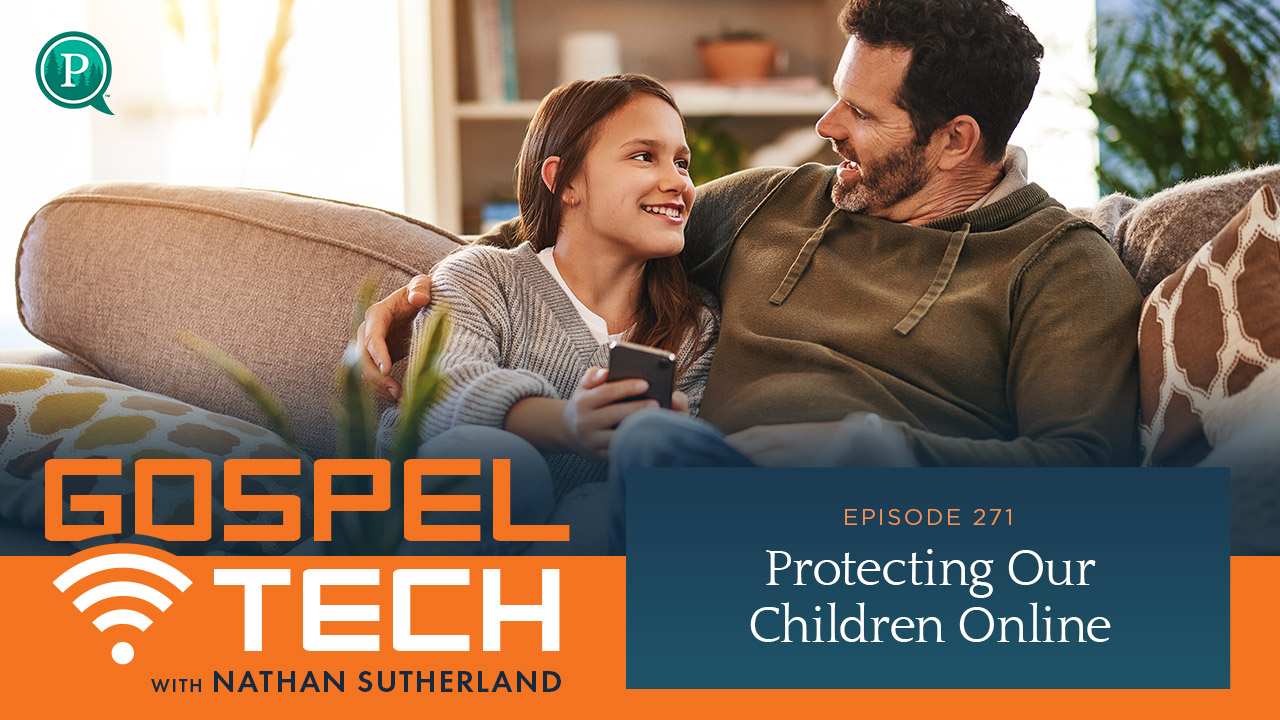We are living in an unprecedented time. Millions of children are learning from home, and the nature or quality of that education varies widely. Some kids will wrap up the school year meeting all of the outcomes that they were expected to before this pandemic.
But many won’t. Parents are understandably worried.
Experts are making their best predictions about what this season will mean for our children’s academic and career success, both in the short term and the long term. But with no consistent agreement, a constantly-shifting finish line, and no real research to stand on about the results of academic outcomes while unexpectedly distance learning through a first-world pandemic, there is only one logical conclusion.
Stop worrying.
Stop driving yourself crazy about finding new content for your kids to keep up. Stop stressing over whether the teachers are offering sufficient amounts of “new learning.” Stop trying to fill the days with supplemental educational activities to make sure they don’t fall behind.
Rest assured that everyone in your child’s school is in the same boat. Everyone else in their class will have missed the robust US History unit, multiplying fractions, or The Water Cycle. And while these things are undeniably important, they are not the most important things. Teachers are professionals. Teachers care about their students. Teachers will know – whenever these students land back in front of them face-to-face – that there will be new and unique challenges, and they will rise to serve your student well.
This post is sponsored by Seattle Christian School.
In the meantime, though research is lacking on how students will fare this season, plenty of research exists on non-academic factors that contribute to future academic success. So though you don’t have control over your child’s academic progress right now, you do have control over things that will set them on the right path once they’re back in the classroom. Those are most important right now and can be naturally taught throughout regular day-to-day life without the need for an enhanced curriculum or enrichment activities. These include:
Emotional Intelligence: Students need to recognize other people’s emotions, and they also need to be able to recognize and regulate their own. Spend time during the regular day-to-day helping your kids develop empathy, coaching them on what different emotions feel like in their own body, validating that their emotions are real and good, and teaching them to express them appropriately. (source: American Psychological Association).
Critical Thinking and Problem-Solving: A successful student needs to think deeper than simply regurgitating content. They need to think critically, analyze arguments, and form their own theories and opinions. Foster this deeper-level thinking by asking your child questions when they engage with you about even the smallest topic. “It sounds like you really liked that YouTube video. How do you think they did that? What interested you most? Why?” Basically, flash back to when your child was four and followed you around asking you questions about everything. Make them exercise their brains. (source: Pearson Research)
Resilience: Simply put, resilience is the ability to bounce back from something bad happening. It doesn’t mean ignoring feelings or pretending everything is okay, but it’s more about not allowing negative things to keep someone down for the long haul. This is a perfect time to help your child develop resilience as they’re probably experiencing frustration, sadness, and disappointment. Help your child work through those things without wallowing or constantly blaming the current pandemic for everything that’s wrong in their life. (source: American Psychological Association)
Creativity and Self-Motivation: Kids who are creative and self-motivated to fill their time constructively will be more successful in school. How do you do that as a parent during a pandemic? You let them be bored. This is not an easy task for any parent, but a necessary one. Eventually they’ll stop flopping around on the couch whining about how there’s nothing to do, or that they only thing they can think to do is screen time, and they’ll exercise their brains enough to create something to do. (source: Psychology Today)
Foster Independence: In the pre-pandemic season, parents were often guilty of doing too much for their kids because they felt they were too busy with homework and extracurricular activities, and didn’t want to burden them further. Now, parents are doing it while operating out of guilt. Use this time to teach your kids independence – make them do their own laundry, have them cook dinner once a week, and make them responsible for chores. If they don’t do those things, let them suffer the natural consequences. Take this a step further by giving them autonomy over their distance learning, and instituting consequences if they don’t meet expectations. This will give them a sense of responsibility for their long-term life and success, as well as their personal responsibility for their academic achievement when they return to the classroom.
Learning is continuing at Seattle Christian School! As we enter this new season as a community, we are dedicated to providing our students with an exceptional remote learning experience. Learn more about how we’re currently serving students, our school’s educational and spiritual frameworks, and about how to apply to SCS! We look forward to hearing from you soon!












